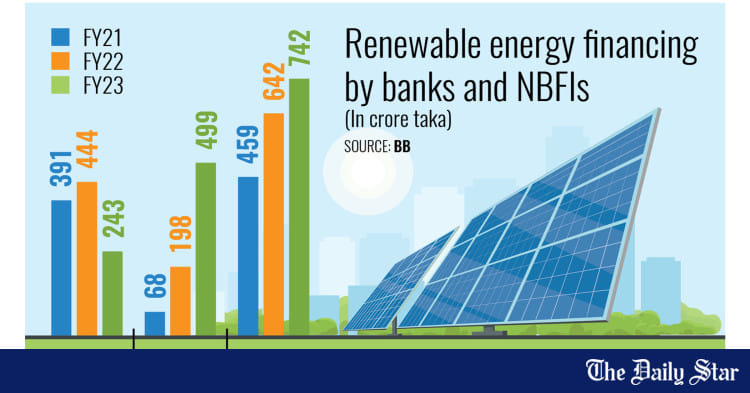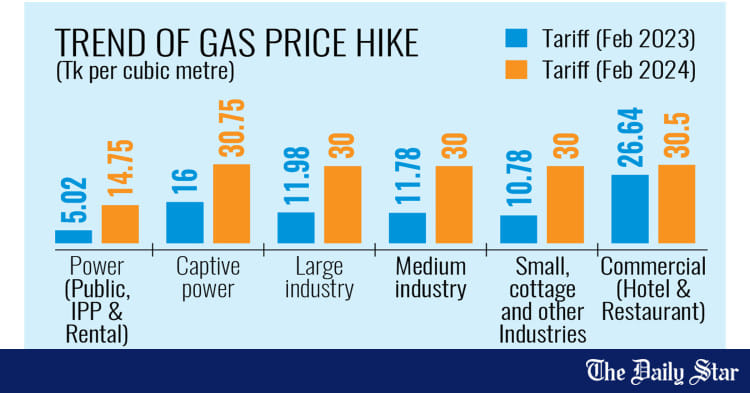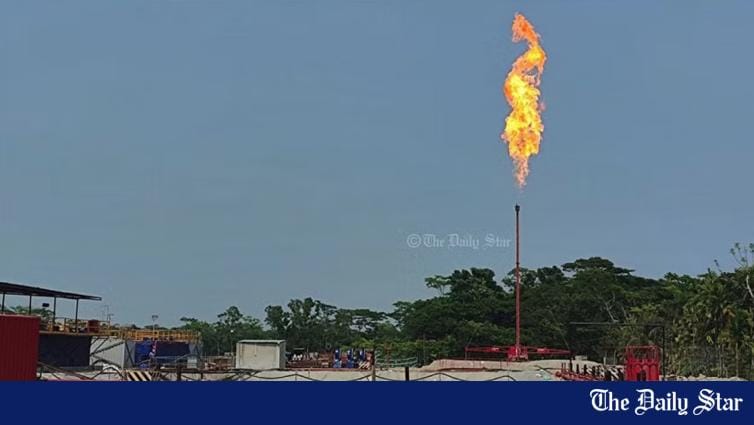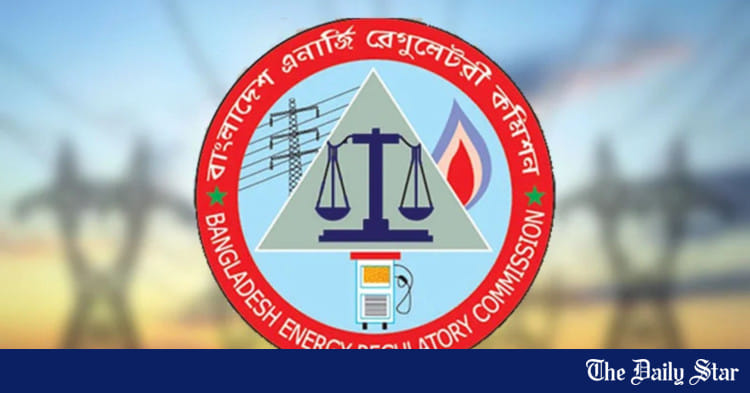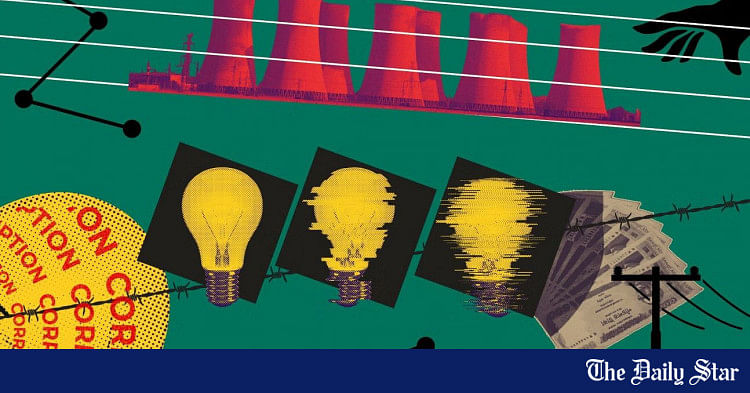- Copy to clipboard
- Thread starter
- #321
Saif
Senior Member
- Joined
- Jan 24, 2024
- Messages
- 15,397
- Reaction score
- 7,865
- Points
- 209
- Nation

- Residence

- Axis Group


13-hr gas outage to hit parts of Dhaka on Thursday
A 13-hour gas outage is set to hit several parts of Dhaka from Thursday afternoon to Friday morning, according to the Titas Gas authorities. The outage will affect the Kurmitola Hospital, Hotel Radisson, RPGCL, Dhaka Regency, Khilkhet, Concord City (until the river side), the Le Meridien Dhaka hot
13-hr gas outage to hit parts of Dhaka on Thursday
Published :
Feb 12, 2025 12:03
Updated :
Feb 12, 2025 12:03

A 13-hour gas outage is set to hit several parts of Dhaka from Thursday afternoon to Friday morning, according to the Titas Gas authorities.
The outage will affect the Kurmitola Hospital, Hotel Radisson, RPGCL, Dhaka Regency, Khilkhet, Concord City (until the river side), the Le Meridien Dhaka hotel, Balaka Bhaban, Haji Camp, Kawla's Airport Catering House, Civil Aviation Quarters, and surrounding areas from 1:00 pm on Thursday to 2:00 am on Friday, according to a statement on Wednesday, reports bdnews24.com.
The Titas Gas authorities say that the gas supply will be suspended due to the transfer and readjustment of a gas pipeline for the underground sections of the Dhaka Mass Transit Company Limited metro rail MRT Line-1’s Airport and Khilkhet stations.
“In addition, the gas pressure may remain low near Joar Sahara, Nikunja and nearby areas,” the statement said.
Titas Gas has apologised to its customers for the temporary inconvenience caused by the outage.
Published :
Feb 12, 2025 12:03
Updated :
Feb 12, 2025 12:03
A 13-hour gas outage is set to hit several parts of Dhaka from Thursday afternoon to Friday morning, according to the Titas Gas authorities.
The outage will affect the Kurmitola Hospital, Hotel Radisson, RPGCL, Dhaka Regency, Khilkhet, Concord City (until the river side), the Le Meridien Dhaka hotel, Balaka Bhaban, Haji Camp, Kawla's Airport Catering House, Civil Aviation Quarters, and surrounding areas from 1:00 pm on Thursday to 2:00 am on Friday, according to a statement on Wednesday, reports bdnews24.com.
The Titas Gas authorities say that the gas supply will be suspended due to the transfer and readjustment of a gas pipeline for the underground sections of the Dhaka Mass Transit Company Limited metro rail MRT Line-1’s Airport and Khilkhet stations.
“In addition, the gas pressure may remain low near Joar Sahara, Nikunja and nearby areas,” the statement said.
Titas Gas has apologised to its customers for the temporary inconvenience caused by the outage.









